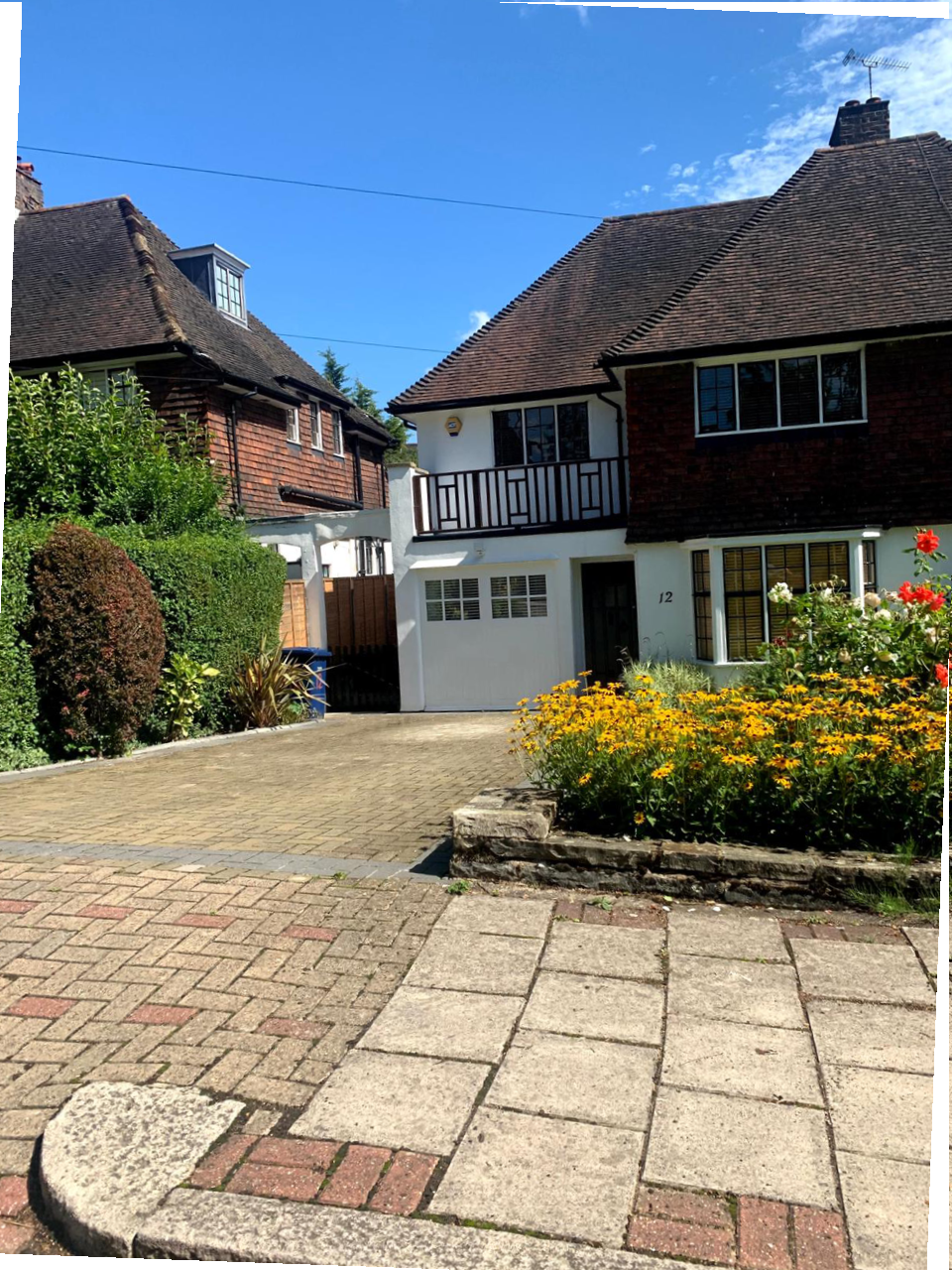Building Against a Party Wall
Building against a party wall, which is a wall shared with a neighboring property, requires careful consideration and adherence to specific legal procedures. Whether you are planning an extension, renovation, or new construction, understanding the rights and responsibilities associated with party walls is essential to avoid disputes and potential legal consequences. In this article, we explore the various aspects of building against a party wall, including legal requirements, neighborly relations, and the party wall agreement process.
1. Legal Framework and Rights:
The legal framework surrounding party walls varies from country to country and even within specific regions. In many jurisdictions, the Party Wall Act or similar legislation governs the rights and obligations of property owners when constructing a shared wall. This legislation typically grants certain rights to both the building owner (the one undertaking the construction work) and the adjoining owner (the neighbor sharing the party wall).
The building owner's rights generally include the right to:
a) Perform construction work that affects the party wall
b) Access the neighboring property, if required, for construction purposes
c) Carry out necessary repairs and maintenance on the party wall
On the other hand, the adjoining owner's rights typically include the right to:
a) Receive proper notice from the building owner before any construction work begins
b) Object to the proposed construction if it violates the law or poses risks to their property
c) Appoint a surveyor to protect their interests and ensure fair treatment throughout the process
2. Notifying the Adjoining Owner:
Before commencing any construction work that affects the party wall, the building owner must serve a formal notice to the adjoining owner, providing details of the intended work. This notice is a crucial step in the party wall process and should be served well in advance of the proposed start date, as specified by the relevant legislation.
The notice should include:
a) A clear description of the proposed work and its potential impact on the party wall
b) The anticipated start date of the construction
c) Contact details for both parties involved
d) Information about the building owner's rights and the adjoining owner's options
3. The Party Wall Agreement:
Upon receiving the notice, the adjoining owner has three options:
a) Consent to the proposed construction without any further action
b) Dissent to the proposal, raising concerns or objections
c) Ignore the notice, leading to a deemed dispute
If the adjoining owner dissents or does not respond, a dispute arises, and both parties must appoint surveyors to create a party wall agreement. The agreement, also known as an award, outlines the specific terms and conditions for carrying out the construction work.
The surveyors are responsible for:
a) Inspecting the properties and assessing the potential impact of the construction
b) Determining the appropriate measures to mitigate any risks or damages to the adjoining owner's property
c) Drafting the party wall agreement, which includes a detailed schedule of conditions and rights of access
4. Neighborly Relations and Mediation:
Building against a party wall can sometimes lead to strained neighborly relations, especially if there are disagreements over the construction or party wall agreement terms. In such situations, open communication and mediation can play a vital role in resolving conflicts amicably.
Both parties should strive to:
a) Keep each other informed about the construction progress and any potential disruptions
b) Address concerns or disputes through respectful and constructive dialogue
c) Consider alternative solutions that may satisfy both parties' needs
Conclusion:
Building against a party wall requires a thorough understanding of legal obligations, rights, and procedures. By adhering to the relevant legislation and engaging in open communication with the adjoining owner, property owners can navigate the complexities of party wall construction while fostering positive neighborly relations. Consulting with a qualified surveyor or legal professional can further ensure a smooth and successful party wall agreement process, minimizing the risk of disputes and promoting a harmonious construction experience.
For friendly professional advice, contact us or call now and speak with a specialist Party Wall Surveyor.









